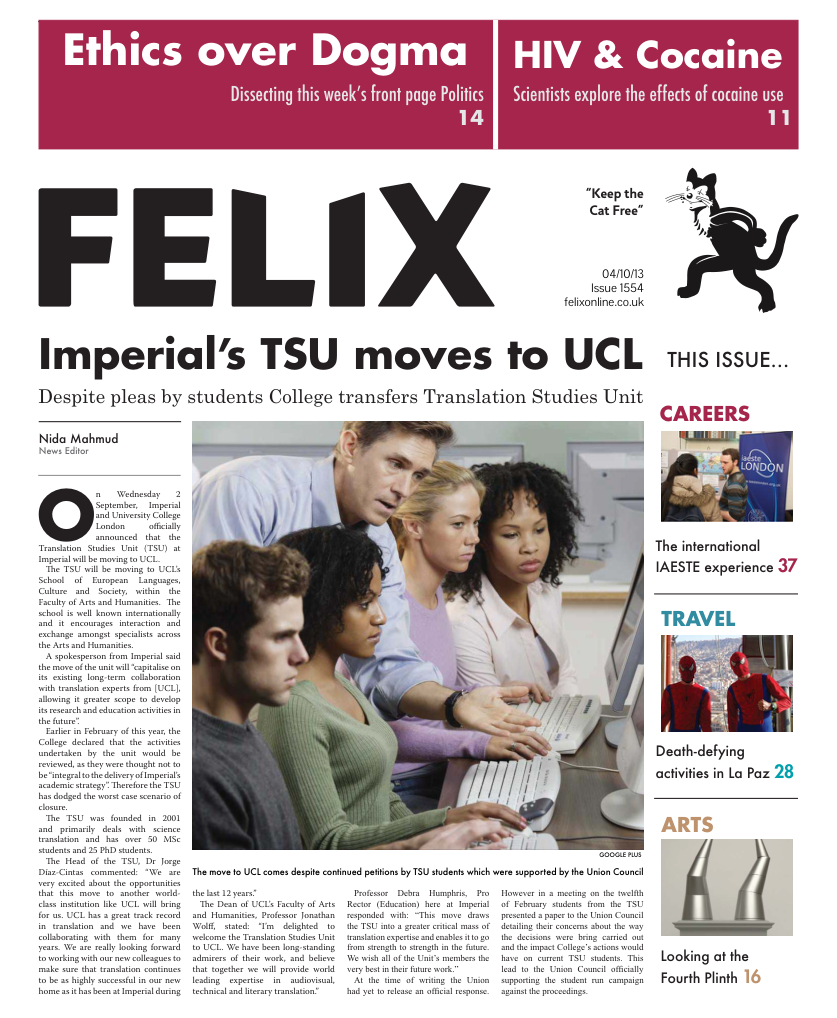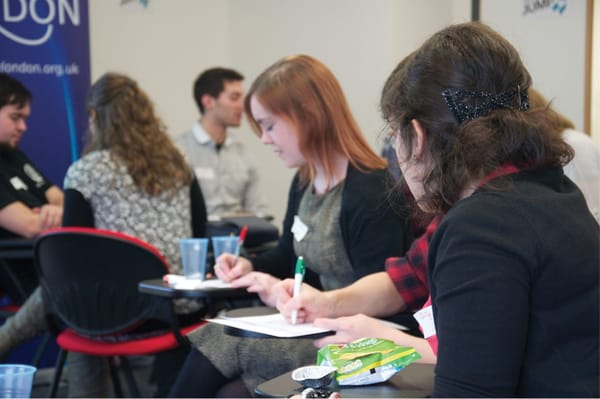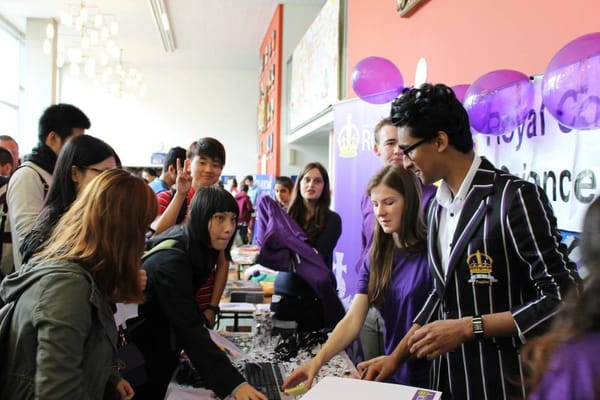Networking for Success
Yo Yo, listen up! We got the Careers Service in to give you some hints and tips for essential networking practices you can use to land that new job or competitive internship. Remember who got you that Lambourghini... -Ed.
There are some common misconceptions about networking, such as that it’s difficult and only works for charismatic personalities who are good at schmoozing, or is basically a back door process for asking influential contacts to give you a job. Wrong. Networking is all about creating a mutually beneficial web of relationships, which is transparent, honest and allows you to refine your career ideas and help you find suitable opportunities. Simply, it involves developing your own personal brand and raising your profile, and connecting with professionals in your field of interest to learn more about your sector, career paths, qualification routes and potential vacancies.
Make the most of campus events
Making contact and networking with employers couldn’t be easier on campus, where a wide range of careers talks, skills sessions, presentations, fairs and forums are organised by the Careers Service on a daily basis. Employers are actively targeting and specifically interested in networking with Imperial students:
‘Imperial is one of the top universities in the country, it makes sense to build a relationship with students, go to the careers fairs and presentations, where those targeted group of students are’ (Luisa Dunn Graduate Recruitment at Cisco).
It is vital though that students approach employers in a way that is both constructive and professional when attending a careers fair or forum:
‘We recommend that students do their research and find out what the companies do so you can spend your time wisely at the event’ (Emma Britton, Graduate Recruitment at Citi)
‘It is imperative that you have questions ready when networking so that it is obvious to the employer that you’re interested’ (Steph Ahrens, Graduate Recruitment at Morgan Stanley)
So, think about the type of information and insights you’re hoping to gain, as well as the impression you want create. Plan your questions in advance and make sure present yourself as professional, confident, engaged and positive.
It pays to prepare
Always read the programme for an event as soon as it is available, usually a week before the event in hard copy or on the careers website. It will usually give you some background information on the companies attending, what they do, what graduates they recruit and into which roles. It is also a good idea to check out their website, especially their graduate careers pages. When approaching a company representative at a fair it doesn’t give a great impression if your opening gambit is “what does your firm do?” or “so what kind of jobs do you have?” Getting this basic information in advance means that when you do speak to the representatives you can have a more meaningful conversation and come away with the added detail to help you with any applications. This background research can also help you to decide which companies you really want to target. At very large events it may not be possible to speak individually to every company so a “hit list” is a good idea so that you maximise the time.
On the day
• Remember that first impressions count. • Think of some questions that you can ask the company representatives. • Avoid questions that you should already know the answers to. • Remember the company representatives are often recent graduates themselves so now is the ideal time to find out what their experience has been so far, what the training programme was like, what support were they give, what is it really like to do that role, work for that company etc. • First impressions also include appearance so if you are serious about a company or are in the middle of an application process with them it might pay to turn up at the fair looking smart and presentable. • Remember fairs are not a university version of a supermarket sweep. They are not organised for you to see how many freebies you can grab in the shortest space of time. • Even if you haven’t started to actively job hunt you will be surprised how well recruiters remember names and faces. Making a good impression now could make your job hunting easier in the future.
For a full guide on networking with employers, tips on what to ask them and advice on how to build your personal brand, visit our Quick Guide to Networking at: www.imperial.ac.uk/careers







